26 de abril 2023

Children of Exile: The Births “Sowing Hope” in the Camp of Nicaraguan Farmers

PUBLICIDAD 1M
PUBLICIDAD 4D
PUBLICIDAD 5D
Ortega decorated 359 officers in September 2018, the year of the massacre, for "their heroic actions", and gave benefits and protections to police, jud
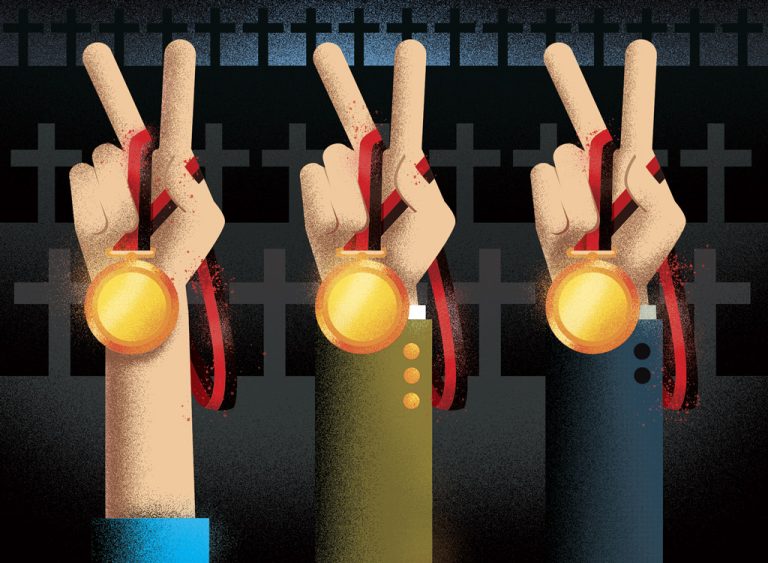
In March, international attention turned to Daniel Ortega and Rosario Murillo when a group of human rights experts at the United Nations denounced extrajudicial executions and crimes against humanity in Nicaragua, comparing some of the abuses of the Nicaraguan regime during the last five years to the crimes of the Nazi regime during World War II.
At the same time, it was shown that there were, and still are, many more perpetrators of abusive acts in Nicaragua than just the ruling couple. The repressive apparatus involves dozens of officials --police, judges, prosecutors, and prison officials-- who have been rewarded by Ortega with promotions, awards, economic perks, and power after 2018. This is documented in a partial profiling, published by CONFIDENCIAL on the fifth anniversary of the April Rebellion, of some of the main governmental protagonists of the repression.
In September 2018, on the anniversary of the founding of the National Police, Ortega decorated 359 police officers of different ranks for their "heroic actions", just months after their repressive actions, which were carried out to perpetuate a system that relies on impunity, killed 355 people and wounded more than two thousand.
While Ortega, Murillo, and their security advisor Néstor Moncada Lau –an accomplice who participated in crimes in the 1980s-- are at the top of the pyramid, there are many other political operatives underneath who responsible for carrying out their orders.
The president of the National Assembly, Gustavo Porras Cortés, is behind the creation of the legal framework of repression being used against opponents. The political secretary of the Managua mayor's office, Fidel Moreno, is the liaison with mayors’ offices throughout the country as well as with the Sandinista Youth and paramilitary groups responsible for human rights violations, according to the sanctions applied by the United States Department of Treasury.
The Army provides intelligence information, publicly supporting Ortega and refusing to disarm the paramilitary groups that –in coordination with the National Police-- attacked the population.
At the same time, Foreign Minister Denis Moncada Colindres leads the diplomatic effort of attempting to clean up the dictatorship’s image internationally. While the diplomatic corps denounces, in every forum they can and without evidence, that they were victims of an "attempted coup", Ortega’s and Murillo’s "advisor" son, Laureano Ortega Murillo, has represented his father in the reestablishment of diplomatic relations with mainland China and in the building of alliances with anti-U.S. powers such as Russia and Iran in an effort that specialists have described as a diplomacy of isolation to be able to avoid being held accountable for their actions.

From the first moments of the protests that began on April 18, 2018, when thousands of citizens took to the streets, the National Police assumed a role of repression alongside shock forces, in an effort to put down the protesters. Months later, they entered into a deadly partnership with paramilitary groups. In September of that year, the police banned all civic and opposition demonstrations, establishing a de facto police state.
To reward its work as a repressive arm of the government, the Police received an increase in personnel and also in budget appropriations. Research and data analysis by CONFIDENCIAL, published in January 2022, revealed that the regime increased the number of Police officers by 27%, or four thousand new officers between 2019 and 2021. These forces sustained the de facto police state that has been violating civil rights and liberties, by acting preemptively to prevent any kind of protest by the population, harassing opponents in their homes.
Police funding in 2022 was triple that of 2008, reaching some four billion córdobas. Ortega also decorated and publicly praised the 359 officers, emphasizing how they "performed heroic actions [during 2018], risking their lives and being wounded in defense of the supreme interests of the nation and in protection of individuals, families and communities, faithfully fulfilling their constitutional mission."
These are some of the officers in the police chain of command:
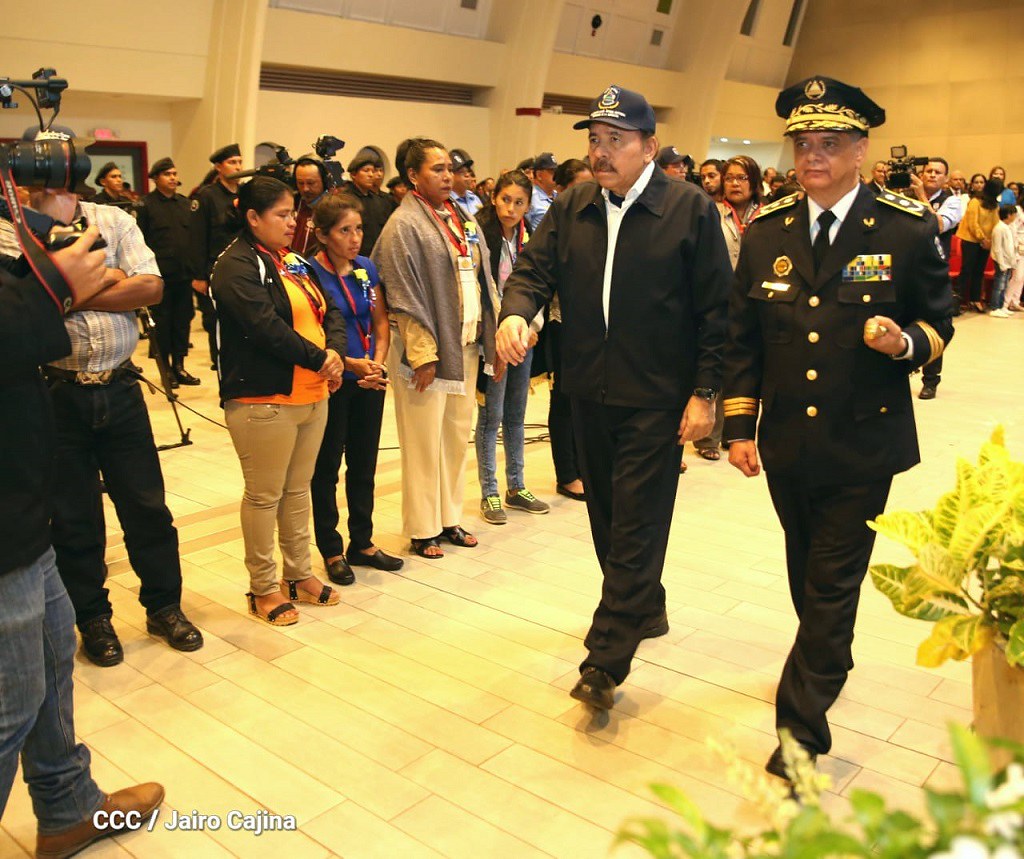
Díaz rose to power when he succeeded Aminta Granera Sacasa, who resigned from the post at the end of April of that year, according to a report by the Interdisciplinary Group of Independent Experts (GIEI), which was formed by the OAS to investigate the period between April 18 and May 30, 2018. That document states that "a serious investigation cannot fail to analyze the responsibility" for the violent events of the Director General (Díaz) and his immediate predecessor.
Diaz is related to Ortega by marriage. The police chief's daughter is married to Ortega’s and Murillo’s son, Mauricio Ortega Murillo. Diaz’ other daughter, Nahima, heads the Telecommunications Regulatory Institute (Telcor), which is in charge of repressing independent media. Díaz was sanctioned on July 5, 2018 by the United States, but Ortega decorated him in 2020 with the “Battle of San Jacinto" medal of honor, the highest of the Augusto César Sandino military awards. Three years later he was awarded the Rigoberto López Pérez medal of honor.
Avellán directed "Operation Cleanup" in July 2018, killing dozens of people in the violent clearing of the street barricades built by the population during the protests in Masaya, especially in the Monimbó neighborhood. The U.S. holds the troops under his command responsible for at least 107 deaths. Avellán was sanctioned on November 7, 2019.
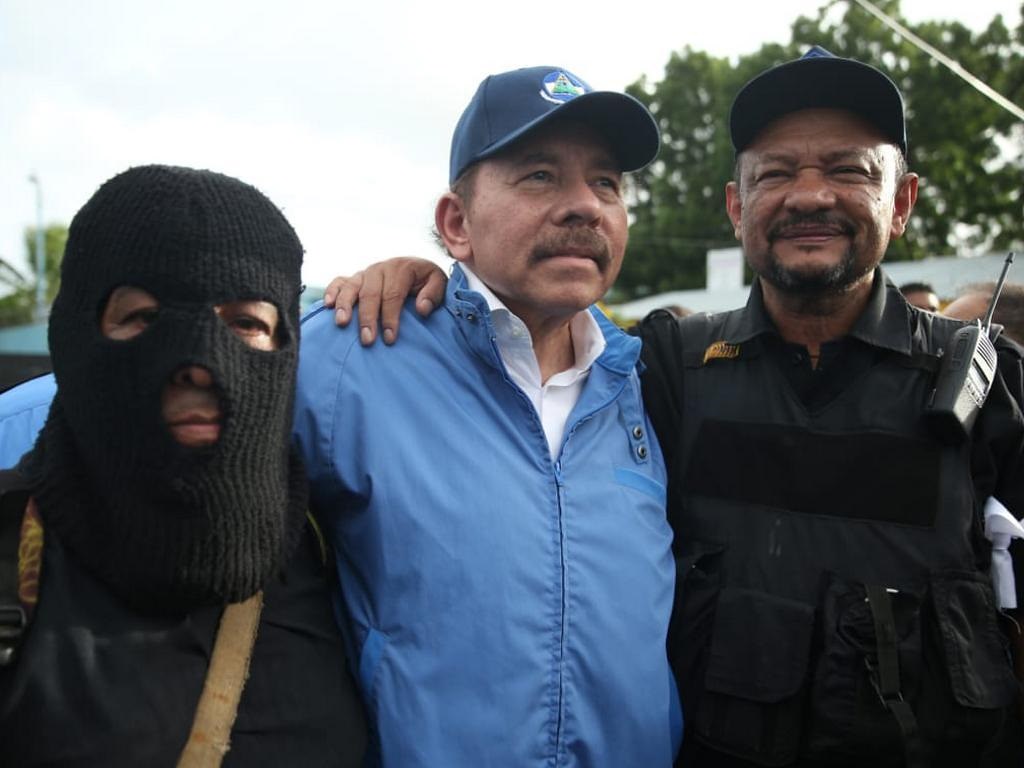
Avellán became Deputy Director of Investigations after the departure of Commissioner General Carlos Palacios in May 2012, noted for his close friendship with drug trafficker Henry Fariñas. From the beginning, Avellán stood out for his ruthlessness.
In the investigations for the well-known "Massacre on the 19th" (of July, 2014) he was named by a witness as having been tortured by him in a safe house. The case corresponded to the judicial process for the murder of five FSLN sympathizers in 2014, when they were returning to their homes in the north of the country, in caravans from the July 19th celebrations of the anniversary of the Sandinista revolution in Managua.
Marenco was a powerful official who had been considered an untouchable in the regime. had been in the Deputy Director General position since 2011. However, on January 17, 2023 he was sent into retirement after being offered –and rejecting-- an assignment at the Social Security and Human Development Institute, which administers the payment of pensions for the Police and entities of the Ministry of the Interior. Marenco had been in charge of an operational area of vital importance to the dictatorship, and was being assigned to an administrative position.
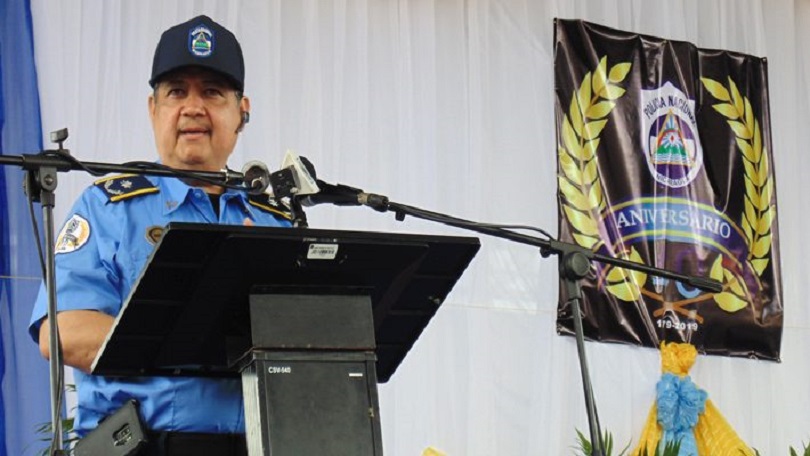
Upon disobeying Murillo's orders, Marenco was sent to the El Chipote jail. According to police sources, he was released under a proposal to continue working in the shadows of the repressive apparatus. He had been a member of the now defunct General Directorate of State Security in the 1980s and according to the police structure, Marenco's agents were responsible for obtaining "information" for the repressive operations against opponents in 2018.
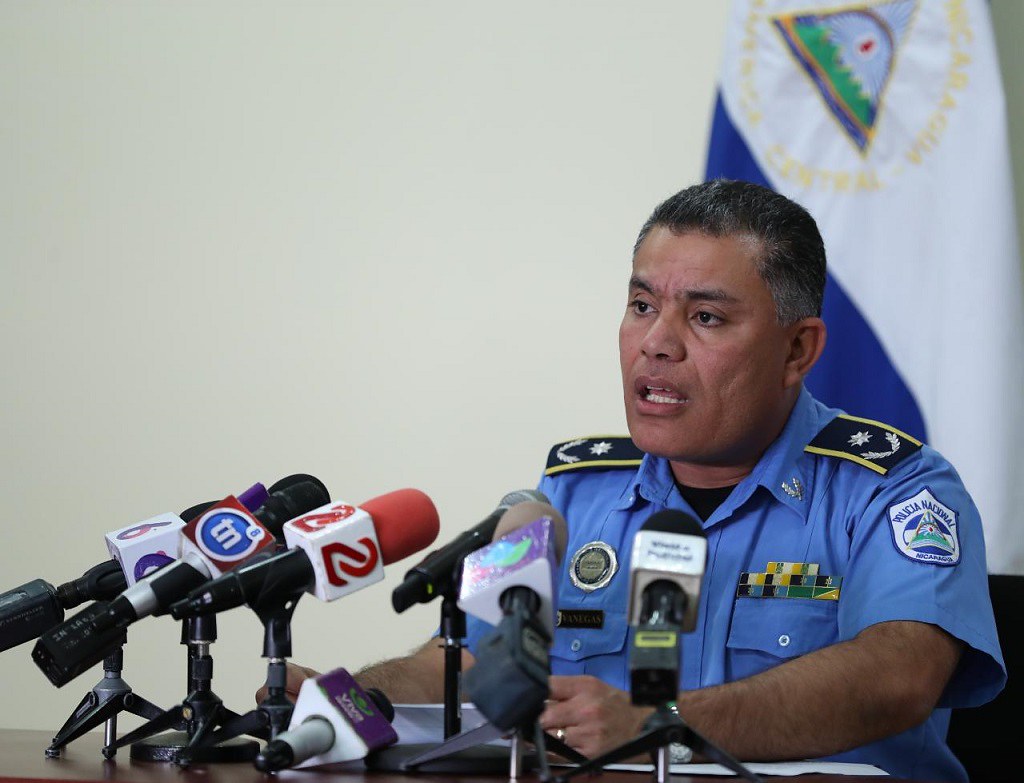
He was appointed to the post on April 1, 2017. In theory, the Inspectorate investigates human rights abuses committed by agents. Instead, however, Vanegas has justified these actions, read communiqués on behalf of the institution regarding several of the arrests, and in December 2018, informed human rights organizations about the prohibition of holding demonstrations, violating citizens' rights enshrined in the Constitution.
Commissioner General Zhukov Perez Serrano, Chief of Intelligence
Perez Graduated in Russia, and was publicly praised by Ortega in December 2022. He had worked under Commissioner General Adolfo Marenco Corea as deputy director in charge of the regime's espionage. He then replaced Marenco when Ortega sent him into retirement. Perez is responsible for the regime's political surveillance. While in his previous position, his agents investigated and created files against selected citizens “of interest” who were critical of the Ortega regime.
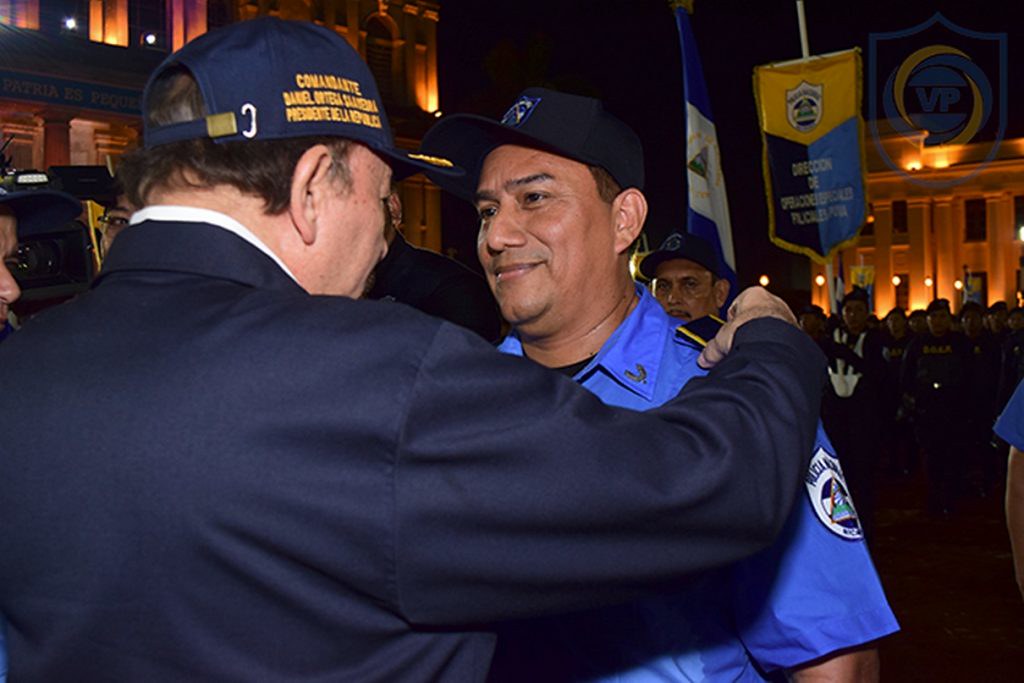
Urbina has been pointed to as one of the direct perpetrators of the 2018 massacre. He is an expert in martial arts. He was part of Daniel Ortega's bodyguard detail in the 1980s and was promoted to General Commissioner in 2014 on the same day, Ortega promoted other members of his personal circle in the police as well, such as Dr. Julio Paladino and the current head of security, Alberto Acuña Avilés.
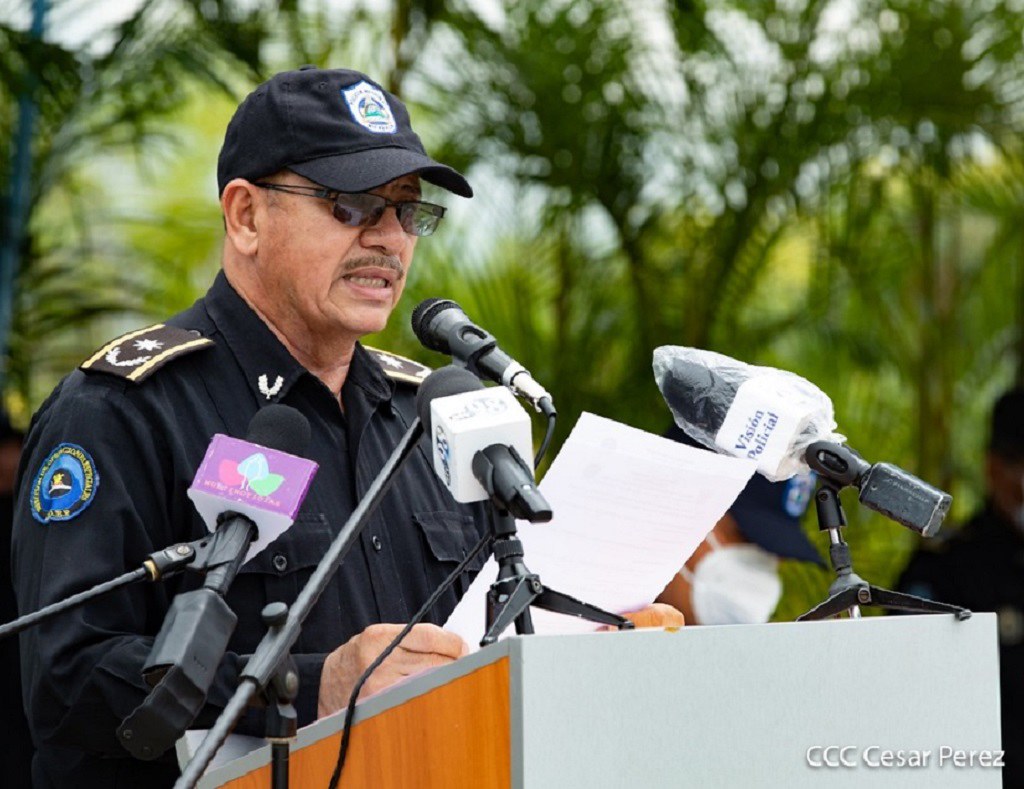
Although the Army has tried to publicly keep its distance from the repression against the population, the legal framework in Nicaragua integrates the Army into the national system of sovereign security, through the Defense Investigation Directorate (DID), one of the espionage organs of the military establishment.
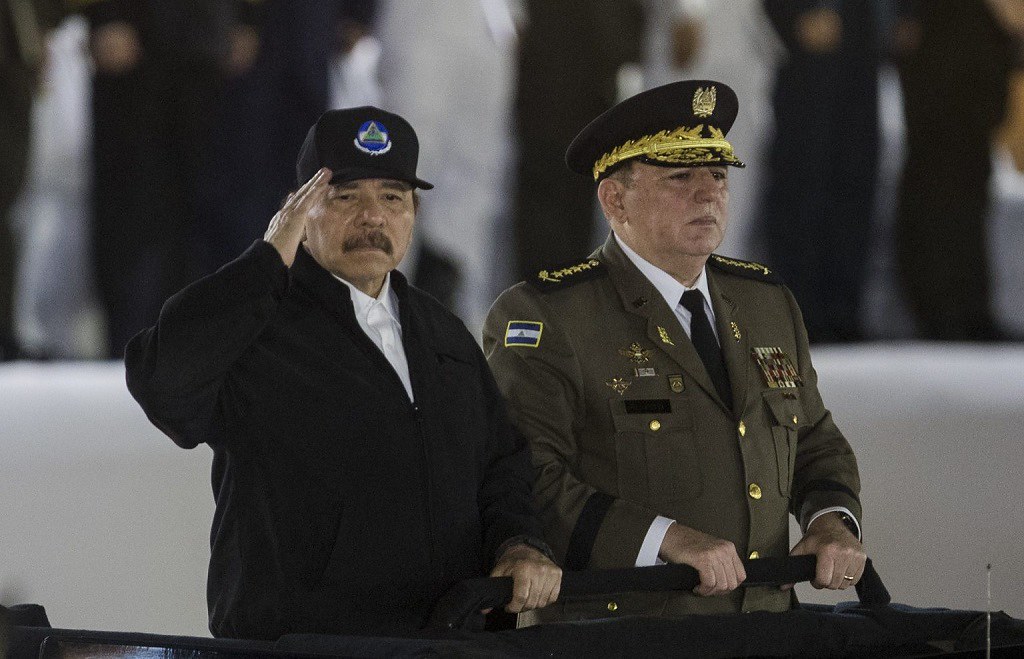
Army General Julio César Avilés, Commander in Chief
Since the foundation of the Nicaraguan Army in 1979, Áviles is the military leader with the most years in the position of Commander in Chief, after Humberto Ortega. Daniel Ortega appointed Áviles to the post in 2009 and has maintained him in power. Loyal to the Sandinista party, other former military officers have questioned Áviles’ servility. The dictatorship is being sustained by force, as it lost the capacity to govern years ago.
There are very few records about Balladares’ military career. General Avilés appointed him to the DID post on March 3, 2010, according to a press release, when Balladares still held the rank of colonel. Ortega decorated him as Brigadier General on August 30, 2011, according to presidential agreement 179-2011, published in the official Gazette. In 2019, the video of former Sandinista minister Ana Isabel Morales was leaked when she told Sandinista militants that Army intelligence was working on the ground against those they considered opponents.
Gutiérrez is the type of agent who works in the shadows. It was a surprise when this top military chief, then Army spokesman, confirmed to the National Assembly that the country’s military command gave its backing to the constitutional reforms in 2013 that allowed the indefinite reelection of Daniel Ortega. "We expressed in this meeting our technical criteria in support of these constitutional reforms. However, out of respect, we feel that the commission that carried out the consultation should be the one to give the details," he said, according to a press release from the Parliament. Gutiérrez was promoted to brigadier general in 2011, together with Balladares Sandoval.
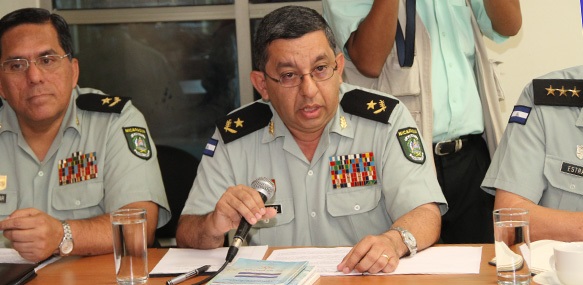
For decades, the FSLN has influenced Judicial Branch decisions in cases such as the rape charges against Ortega made by his stepdaughter Zoilamérica in 1998. It has also had influence in property deals of party operatives and in widespread corruption.
After his inauguration as President in 2007, Ortega began the process of gaining total control of the Judiciary branch. He overtook his crony, former president Arnoldo Alemán, with whom he had divided up control of state institutions in 2000. Thirteen years later a Liberal magistrate acknowledged to CONFIDENCIAL that the FSLN’s power was such that it could mandate judicial decisions with a simple call to the judges.
The Court has allowed Ortega impunity, reelection despite it being prohibited by the Constitution in 2011, and the removal of opponents from the electoral contest. In the upper echelons of the judiciary, Ortega’s acquaintances are familiar faces among his followers.
President of the Criminal Division since July 2, 2021, Rothschuh is an active member of the FSLN. He attended party activities in 2019, held illegal hearings and announced the sentence to banish 222 political prisoners to the United States. The Appeals court is another link in the Ortega regime’s repressive chain of command. It was sanctioned by the Biden administration on April 19, 2023.
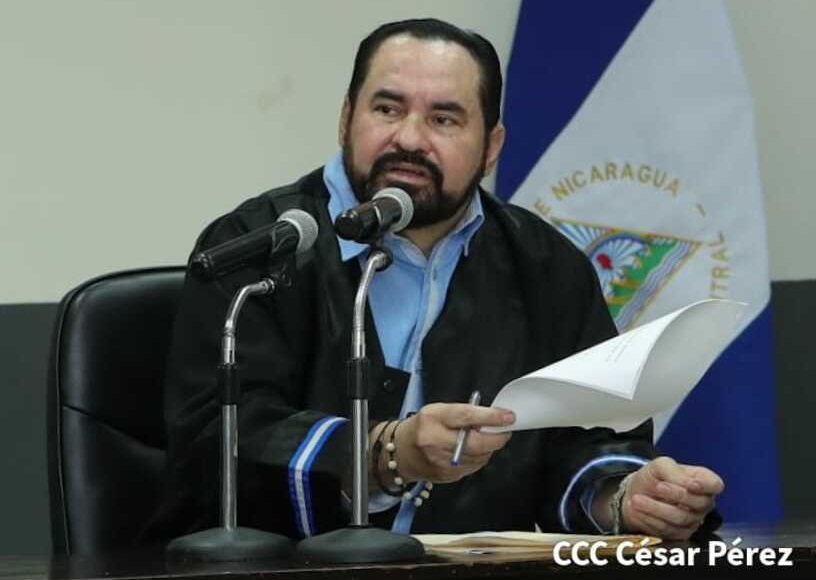
Tardencilla was appointed in February 2021. She is the daughter of former legislator Orlando Tardencilla, a former guerrilla in the 1970s and Nicaraguan ambassador to the United Nations in Switzerland. She has been known for persecuting political prisoners. According to the United States, whose authorities sanctioned her on April 19, 2023, she was the one who stripped Bishop Rolando Álvarez of his nationality and convicted him of being a “traitor to the homeland”.
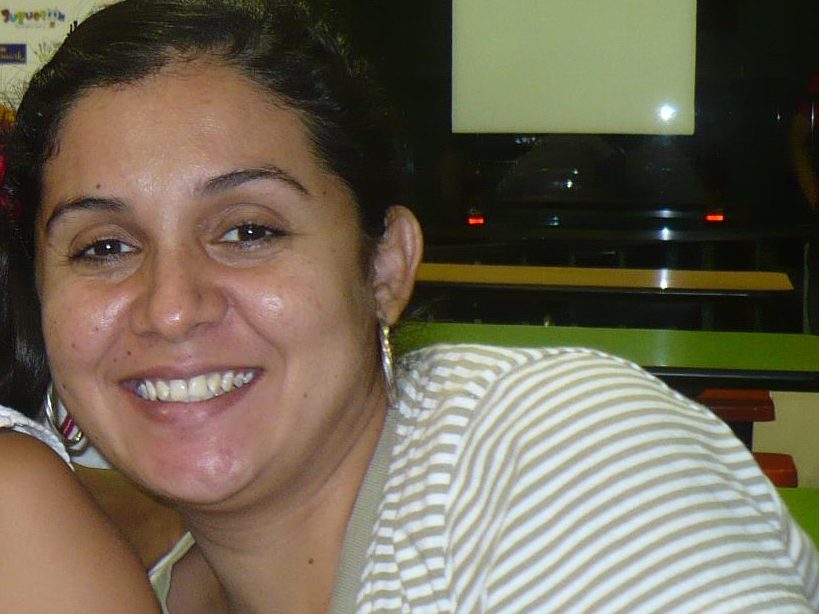
This article was originally published in Spanish in Confidencial and translated by our staff.
PUBLICIDAD 3M
Periodista nicaragüense, exiliado. Comenzó su carrera en el año 2000, cuando todavía era estudiante. Por sus destacadas investigaciones periodísticas ha ganado el Premio Ortega y Gasset, el Premio Internacional de Periodismo Rey de España, el Premio a la Excelencia de la Sociedad Interamericana de Prensa, y el Premio Latinoamericano de Periodismo de Investigación del Instituto Prensa y Sociedad (IPYS).
PUBLICIDAD 3D